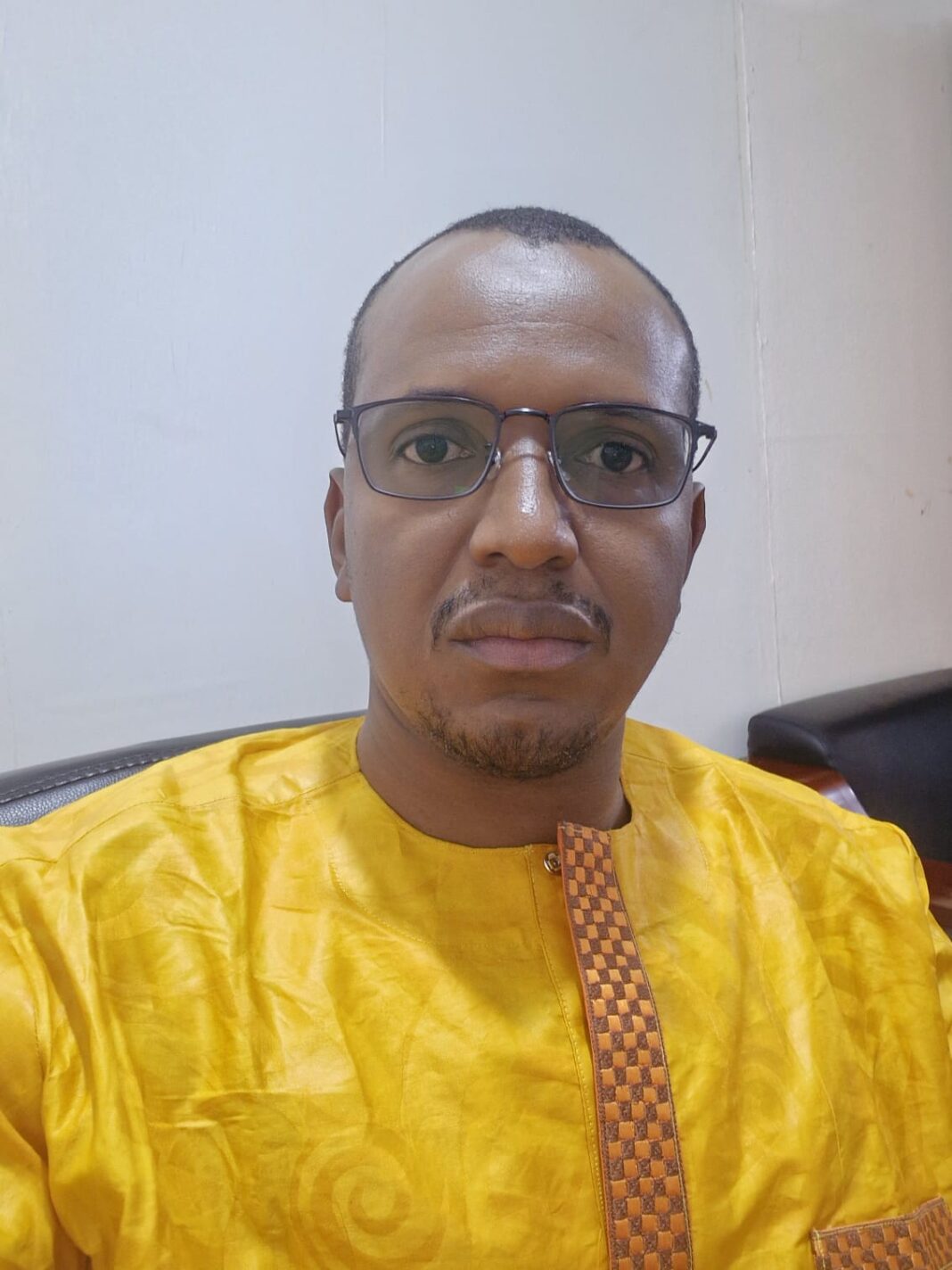By Saikujohn Barrie
In our rapidly evolving world, where technological advancements and geopolitical shifts shape the future, one fundamental principle remains a constant guiding star: the unwavering commitment to human rights.
These inalienable rights, intrinsic to every individual, form the bedrock of justice, equality, and dignity.
Yet, despite the universal consensus on their importance, human rights violations persist, demanding our collective vigilance and advocacy.
The Universal Declaration of Human Rights: A Beacon of Hope
Adopted by the United Nations General Assembly in 1948, the Universal Declaration of Human Rights (UDHR) is a landmark document that enshrines the rights and freedoms to which every person is entitled.
It proclaims the inherent dignity and the equal and inalienable rights of all members of the human family.
These principles are not merely aspirational; they are the foundation of freedom, justice, and peace in the world.
The Reality of Human Rights Violations
Despite the UDHR’s promise, human rights violations continue to plague societies worldwide. From state-sanctioned torture and unlawful detentions to systemic discrimination and suppression of free speech, the spectrum of abuses is wide and alarming. In recent years, we have witnessed:
Rising Authoritarianism
Governments in various regions have increasingly resorted to authoritarian measures, curtailing civil liberties and stifling dissent.
The use of excessive force against peaceful protesters, arbitrary arrests, and the erosion of judicial independence are stark reminders of the fragility of human rights.
Refugee Crises
Armed conflicts, persecution, and natural disasters have forced millions to flee their homes, seeking refuge in foreign lands. The plight of refugees and asylum seekers, often met with hostility and inadequate protection, underscores the urgent need for comprehensive and humane policies.
Digital Surveillance
The proliferation of digital technologies has given rise to unprecedented surveillance capabilities. While these tools can enhance security, they also pose significant threats to privacy and freedom of expression. The misuse of digital surveillance to monitor and intimidate individuals is a pressing concern.
The Role of Civil Society and International Organizations
In the face of these challenges, civil society organizations and international bodies play a crucial role in advocating for human rights. NGOs, activists, and human rights defenders tirelessly work to expose abuses, support victims, and hold perpetrators accountable. Their efforts often come at great personal risk, highlighting the importance of global solidarity and support for their work.
The Path Forward: A Call to Action
To safeguard human rights, we must take concrete steps at both individual and collective levels:
Raise Awareness
Educate ourselves and others about human rights issues. Knowledge is a powerful tool in the fight against injustice.
Advocate for Change
Use our voices to advocate for policies and practices that protect human rights. Support organizations that work towards these goals.
Hold Governments Accountable
Demand transparency and accountability from our leaders. Challenge actions and policies that violate human rights.
Support Victims
Provide support to those affected by human rights abuses. Whether through donations, volunteering, or offering solidarity, our collective efforts can make a difference.
Before I rest my case, I want to add that human rights are the cornerstone of a just and equitable society.
While the road to their full realization is fraught with obstacles, our unwavering commitment can pave the way for a future where every individual is treated with dignity and respect. Let us rise to the challenge, driven by the belief that a better world is not only possible but necessary.
I rest my case.



